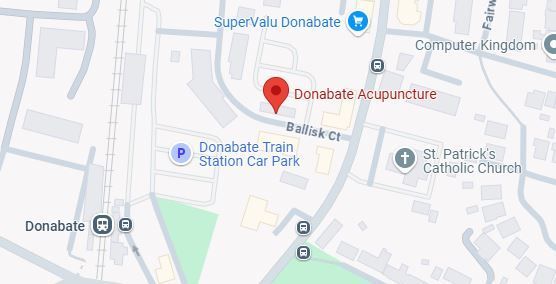The Joy of Journaling
They say everyone has a book in them. You may have no wish or ambition to write a book, but have you considered journaling? Keeping a journal has many benefits for your mind and your emotional wellbeing.
Developing a regular journaling practise is more than keeping a diary. It is a wonderful way of exploring your thoughts and ideas. When you feel the world is against you, it gives you an opportunity to untangle and get to the root of what is really going on for you. Allowing yourself to express on paper without thinking about it, brings a great freedom. Simply putting your “stream of consciousness” on paper and reading it later brings a clarity you might not otherwise come to. As you write regularly, you will begin to notice the recurring thoughts, the patterns of negative self-talk, as well as the recurring ideas you haven’t taken any action on.
The brain loves journaling! It is a practice that uses the analytical, rational left side of the brain. While the left side is busy at the task, the creative, feeling right side of the brain has the freedom to play. Over time, you will be surprised at the emotions, memories and subconscious thoughts that surface. Life is busy and our minds are busy, leading to higher levels of stress, anxiety and depression. Taking time to empty your mind onto paper has been shown to boost feelings of wellbeing and reduce these symptoms, as well as boosting your memory power. How often have you had a fleeting thought or idea, a flash of inspiration, that you say you must come back to, only to have it vanish from your mind? Write it down! When you commit something to paper, you are effectively committing it to memory.
It is a great practice to focus the mind on following through on your goals, or setting your priorities. US President Obama, said he found journaling “an important exercise to clarify what I believe, what I see, what I care about and what my deepest values are.”
I encourage my clients to journal, and those that have developed it as a practice, have, without exception, found it supported them. For some, it allowed them to process issues in relationships in a safe way. Others found their ability to make good decisions and gain clarity improved. For some it became a private space where they could let their creativity out to play, have fun and heal childhood wounds.
Here are some tips to help you take that first step, to put you, yourself, onto paper:
- Invest in a beautiful journal or notebook, that you use only for this practise
- Use a pen – not a computer. Enjoy the feeling of the words flowing from you, through the pen and onto the paper.
- Let it flow! Keep yourself from thinking too much, and simply let the words emerge.
- Begin with a target of 2-3 pages in a sitting. When the muse comes alive in you, don’t stop
- Let your creativity have its fun.
- This is your unique and personal practice. Put the inner critic out of the room. There is no editor or proof reader needed.
- You can choose to write as a stream of consciousness one day, and the next use your journal time to explore your feelings about a situation, relationship, etc.
- What you write can be fact based, or fantasy – there are no rules.
- You can use it to identify your goals, set achievable targets and use it to monitor your progress.
Whatever you use it for, may it bring you joy – perhaps there is a book in you after all.


